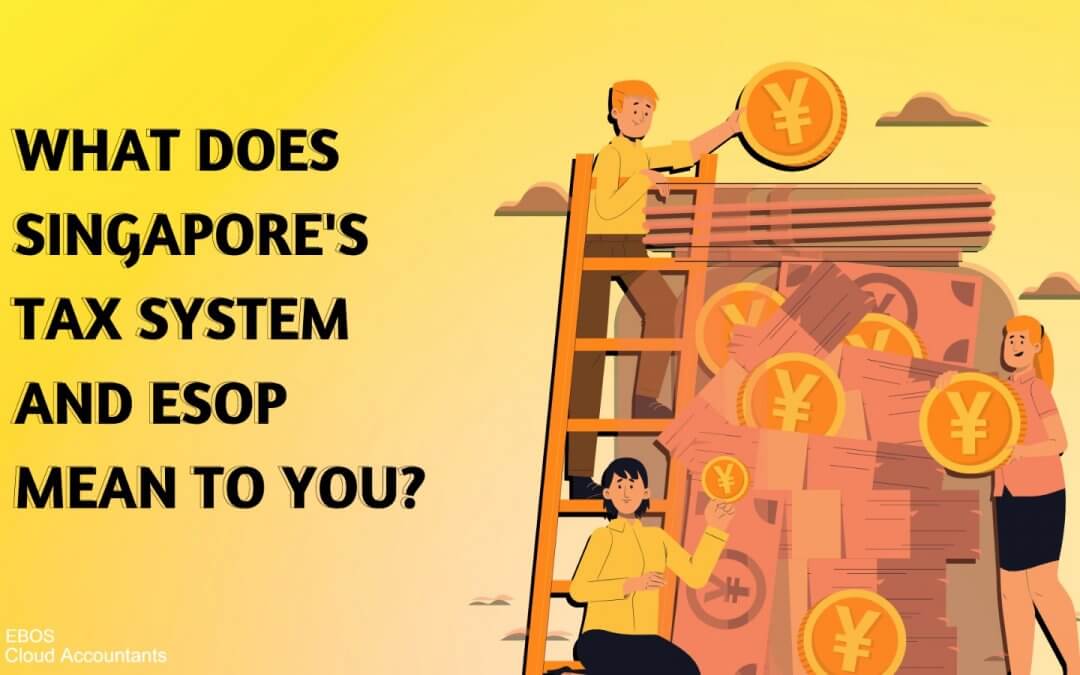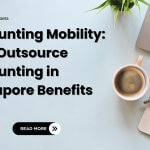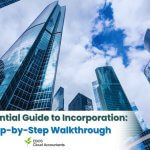An Employee Stock Option Plan (ESOP) is what, exactly?
Employees may receive compensation in the form of an employee stock option plan, or ESOP, as a retention strategy or performance incentive. They are typically provided in the form of company shares, which confer ownership rights on the employee as a shareholder in the business. The employee has the option to purchase the shares as part of an ESOP scheme at a predetermined price, or what is known as an exercise price. How does an ESOP assist employees? Employees effectively become co-owners of the business when they receive shares as compensation. Employee productivity and financial commitment to corporate performance are directly related to this. The employee’s behaviour’s, choices, and work product are all cantered on the company’s overall success because this is correlated with their personal rewards.
Gains from ESOPs given on or after January 1, 2003, are taxable if the recipient is using their stock options while working in Singapore. In other words, if you acquired ESOP or shares while working in Singapore or if Singapore is where you received your employment income, the gains are subject to Singaporean personal income tax. This is true independent of where the shares vest or where the ESOP is exercised. The tax on ESOP gains only applies on the day the selling restrictions are released where there is a moratorium or selling restriction on the shares distributed to persons.
In general, you can regard all money earned in Singapore as taxable income. As a local or international employee, every dollar you earn is subject to income tax. Commissions, salary, bonus earnings, director’s fees, retirement and layoff benefits, as well as pension, are all considered to constitute employment income. Income from your Profession, Business, Vocation, or Trade: This includes all earnings from partnerships, income from virtual currencies, and earnings as a sole proprietor or other self-employed person. Government grants such as COVID-19 payments, wage credit playouts, special employment credits, PIC bonuses, etc. are examples of government handouts that you should also prepare to pay taxes on. Income from Real Estate or Investments: The IRAS levies additional taxes on profits derived from real estate and investments, such as dividends and rental income.
It might take a lot of time and effort to keep track of ESOP gains and what is taxed. We advise employing a dedicated management platform to track and distribute ESOP to your employees if you are a Singaporean employer intending to use ESOP to grow your firm.







